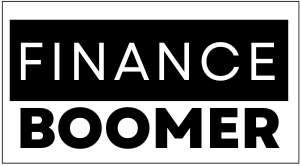7 Websites To Write And Get Paid
For freelance writers, websites that can pay you instantly can be a way to boost their income to earn a living. Just by writing quality and engaging articles, blog posts, reviews, and other content for clients. These payment websites provide a platform for writers to connect with clients or platforms that need content quickly. Hence,…




